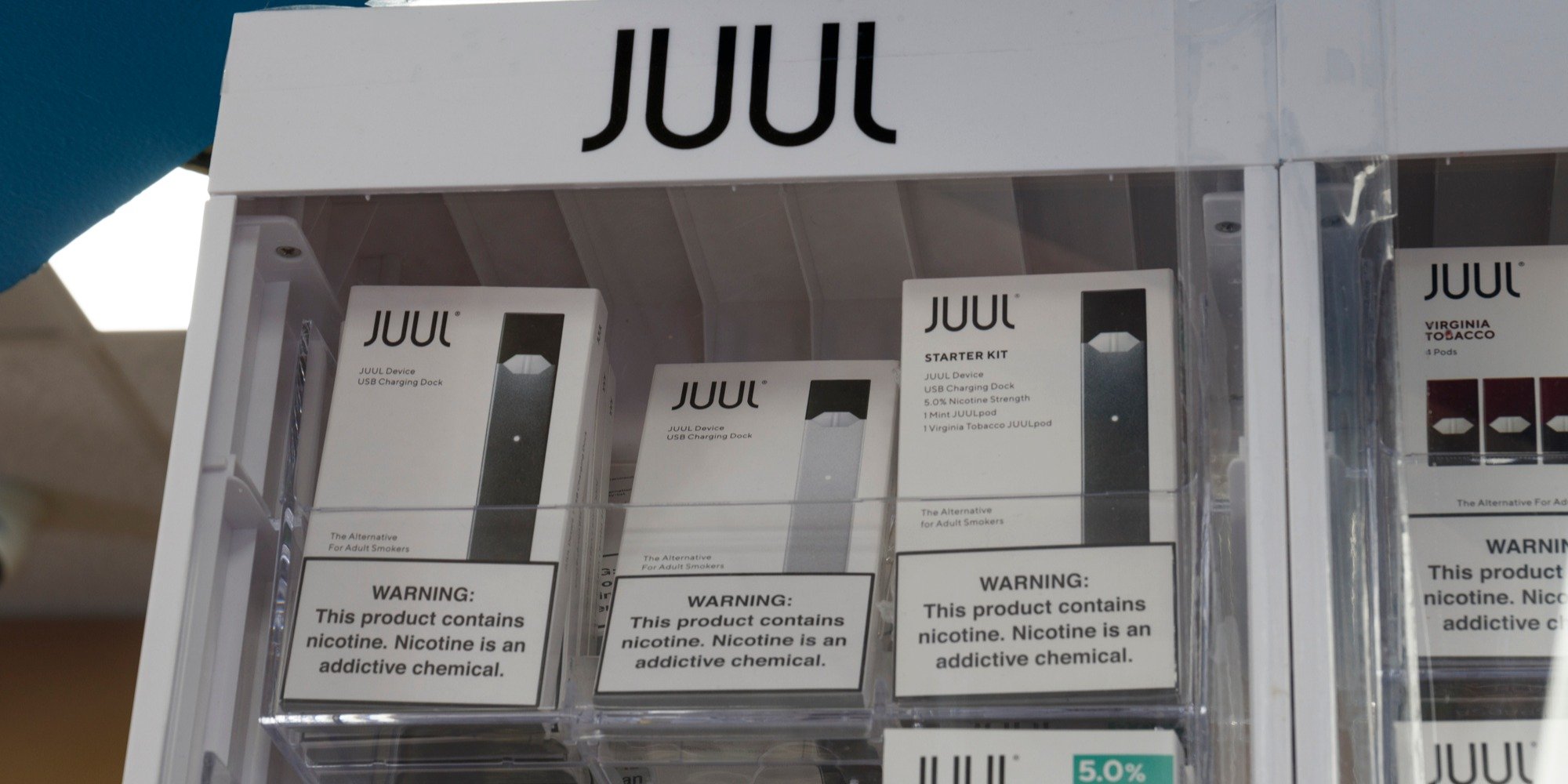Here’s an update on the deadly lung illness linked to e-cigarettes that is taking lives across the country, its connection to JUUL and the emerging mass tort litigation.
What’s New?
As of November 5, 2019, Centers for Disease Control and Prevention (CDC) data indicates that the nationwide total (except for Alaska) of probable cases related to vaping has reached 2,051. The deadly lung illness has killed 39 people so far. The latest outbreak information, updated every Thursday, can be found here. The CDC is tentatively calling this mysterious lung illness EVALI. The acronym is short for e-cigarette, or vaping, product use associated lung injury.
As of last week, officials think they might have found the culprit for the outbreaks, Vitamin E Acetate – an additive often used in THC and THC-based vaping products. One doctor described the vitamin as “enormously sticky” when it goes into the lungs, saying it “does hang around.” The principal deputy director of the CDC is calling the new laboratory findings a significant breakthrough. However, it’s important to note, this does not rule out other possible ingredients as a cause.
Back in September, the U.S. Food and Drug Administration (FDA) sent JUUL Labs, a leading e-cigarette brand, a warning letter. The letter states JUUL did not get federal approval to promote and sell its vaping products as a “healthier” option to traditional cigarettes. It also alleges that JUUL illegally marketed e-cigarettes to teens and adolescents. The letter threatens to fine or seize JUUL’s assets if violations aren’t corrected.
Two short days after the FDA warning letter was released, President Donald Trump announced that federal regulators are looking to ban non-tobacco flavored e-cigarettes from the market altogether. Now the president is saying the vaping age in the U.S. could rise to 21. On November 8, 2019, speaking to reporters outside the White House, he said, “We have to take care of our kids… so we’ll be coming out with something next week very important on vaping.”
What is JUUL?
Since being introduced in 2015, JUUL quickly became one of the largest e-cigarette brands in the United States. This is in part due to the exponential growth in popularity among teens and adolescents. In fact, the House Committee on Oversight and Reform has led an examination of JUUL’s role in the youth nicotine epidemic.
JUUL, a USB-shaped smoking device, vaporizes a liquid that contains nicotine. The amount of nicotine in a single JUUL cartridge is roughly equal to a pack of cigarettes, or 200 cigarette puffs.
The device is tech-inspired and sleek, and it comes in several different flavors. The flavors are said to add to its appeal, especially to underage youths. JUUL Labs consequentially stopped sales of its mint flavored nicotine pods last week, on November 7 2019, in light of popularity among young vapers.
Reportedly the company had already halted the sale of its mango, creme, fruit and cucumber flavors. It now only sells menthol and tobacco-flavored cartridges.
The Growing Litigation
On October 15, 2019, JUUL was hit with its first vaping wrongful death lawsuit. The lawsuit, taking place in California federal court, was brought by the family of David Wakefield, an 18-year-old boy who died in his sleep this past August. The family is claiming that his death was a result of using JUUL’s e-cigarettes for years. They claim JUUL “took advantage of minimal regulations for e-cigarettes when youth smoking was at its lowest in decades and developed and marketed a product to be attractive to teenagers.”
The lawsuit additionally alleges that JUUL violated unfair business practices laws in California. It states the company promoted its e-cigarette products as a “safer alternative” to conventional cigarettes but are actually extremely addictive and deliver a much stronger dose of nicotine than traditional cigarettes.
On October 30, 2019, a former JUUL Labs, Inc. executive, Siddharth Breja, filed another lawsuit against the e-cigarette company. He claims JUUL shipped and sold at least one million tainted nicotine pods and failed to recall them, even after he protested and warned the CEO of the company at the time, Kevin Burns. Then, allegedly, he was fired to “set an example for other employees.”
JUUL and other e-cigarette lawsuits are expected to multiply quickly over the next few years. If you are anticipating an influx of calls related to this mass tort campaign or others, consider partnering with a specialized legal call center, like Alert Communications, for intake and retainer support.

